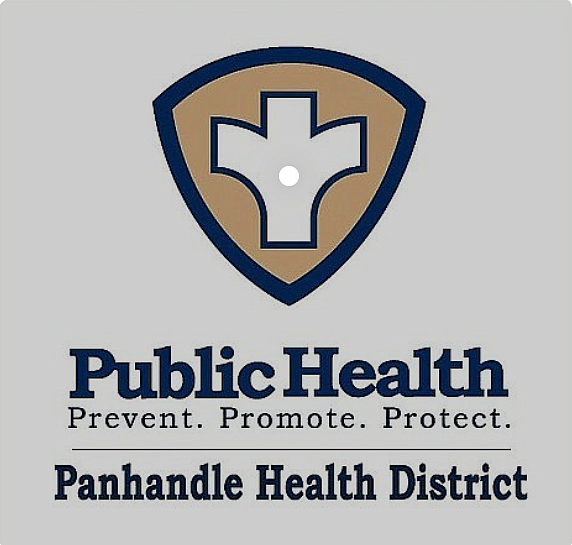Rabies case a false positive
BONNERS FERRY — Positive test results for a potentially rabid skunk in Bonners Ferry turned out to be a “false alarm,” officials said.
Katherine Hoyer, public information officer for Panhandle Health District, said further testing conducted by the Centers for Disease Control revealed that the skunk found by Bonners Ferry Police Officer Willie Cowell was not infected with rabies.
Cowell found the animal while he was driving down Kaniksu Street in August. The skunk was acting unusually, spinning in circles with its nose to the ground. Cowell shot the skunk in case it was rabid and sent it to a lab in Kansas that confirmed that the skunk was rabid. However, further investigation has determined that the first test was a false positive.
“This is great news for animals and wildlife in the area and a good reminder to not approach wild animals, especially if they are acting strangely,” Hoyer said. “Rabies is 100% fatal, but also 100% preventable.”
She warns to never approach or touch an animal you discover in the wild. The rabies virus is transmitted through direct contact (such as through broken skin, eyes, nose or mouth) with saliva or brain/nervous system tissue from an infected animal. If an animal is displaying suspicious behaviors, Hoyer said to call animal control or Idaho Fish and Game.
“A common encounter we see is when someone wakes up and a bat has made its way into their home and they are unsure whether the bat came into contact with them,” Hoyer said. “In this case, we would recommend the individual seek immediate medical care as soon after exposure as possible. If they are able to catch the bat, they should only handle the bat using leather gloves, then double-bag the bat and keep it in a cooler, fridge or freezer. They can bring the bat to a public health office or to a veterinary office to be properly shipped for testing at an authorized lab.”
Hoyer said one of the best ways to prevent rabies is to vaccinate pets and keep them up to date on rabies vaccines. If a pet owner suspects that their pet has come into contact with a rabid animal, they should contact their veterinarian.
“The only way to know for sure if an animal has rabies is to perform laboratory testing on brain tissue,” Hoyer said.
Unique signs of rabies include problems swallowing, excessive drool or saliva and severe aggression. Symptoms displayed in animals range from biting imaginary objects to acting tamer than would be expected.

